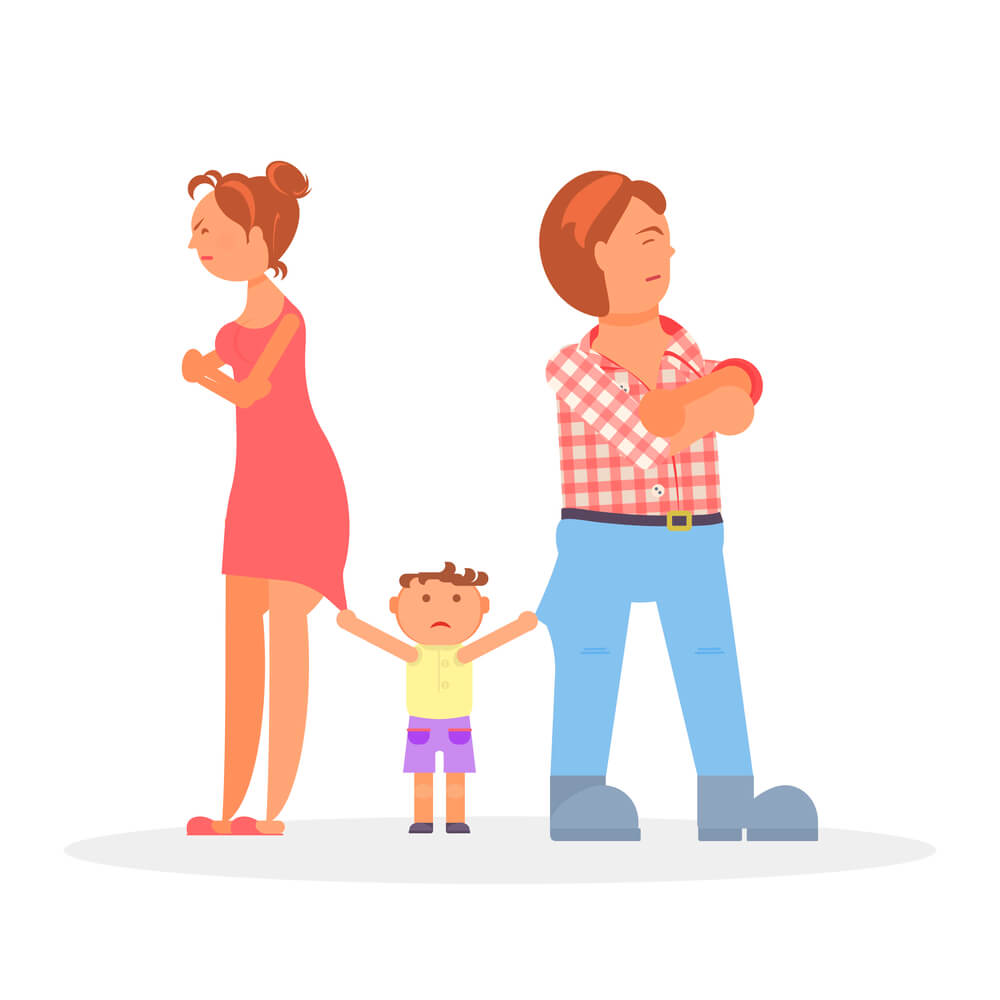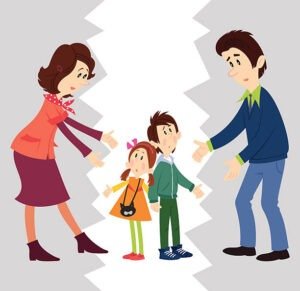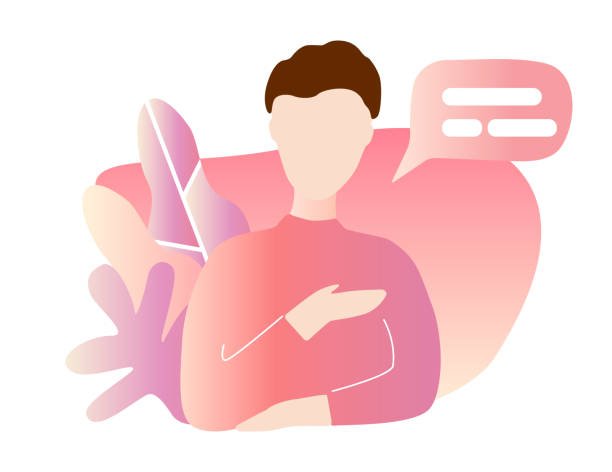Kids Are Out for Themselves!
No matter how angelic their little faces are, or empathetic their pats and words may seem, children are the ultimate narcissists! Children don’t (and SHOULDN’T) sit around thinking about their parents. They are upset to see you cry but they aren’t capable of being concerned that you have a fulfilling adult relationship with their other parent. They might sense something is wrong, but they don’t understand the emptiness or heartbreak of a spouse who has been unfaithful, emotionally unavailable, or who’s high conflict. Kids don’t notice if the family goes out to dinner or a ballgame and their parents don’t speak the entire time – they only know that they are doing something together as a family. Kids don’t understand that you had to go without a new outfit so that they could get back-to-school clothes – they are just excited that they look good! And kids don’t have any clue that every time they complain about what they ‘don’t have’ there are a million things they do have.

Kids think about:
SCHOOL, Homework, Teachers, Grades
Parties, Fights, FRIENDS, Kisses, Lunch Time
Clothes, Music, Toys, Pets, FOOD
Kids Can be Sweet but They are not Empathetic
Children think about their own things! They live in the moment and are using all of their mental and physical energy to grow, develop, and figure out how to interact in the world around them in the most positive way possible. Children communicate by screaming, running around, and sticking out their tongues. Children can only see the world through their very limited view based on their own limited personal experiences. No matter what you tell them – how are they to know what separation is like from an adult perspective? How does anyone, let alone a being who has NEVER had a romantic relationship, begin to understand the thousands of moments that have led you to this place in time?

Even if the house had tension and fighting, children still want the family to remain intact because it is all they know and kids can’t imagine scenarios never previously experienced. Even children who experience true abuse don’t want to be separated from their family. Children will only know if someone is around or not, in a good mood or bad mood, is happy at the time of the exchange or stressed and angry. And while even small infants will internalize and mimic their parents’ emotions – NOBODY knows how it feels to be you and what you are going through. Children who are sad, angry, worried – they aren’t sad because they are sad for you; they aren’t angry because they are supporting you in your outrage; they aren’t worried because they are empathetic to your concerns. Your kids feel those things because they are truly sad, mad and scared.

Protecting Your Kids Means Allowing them to Just Think About Themselves – not the Divorce
Even when you want to help your children understand what has happened, too much information is not necessarily a good thing. In trying to answer their questions, it doesn’t help them to know details about what their mom or dad did to make their other parent mad. It doesn’t even help to give into teenager’s demands about why this has happened – often they see the world as very black-and-white and will carry your anger with them against the other parent, only creating problems for themselves in the present and long-term. The answer to an older child’s persistent questions of ‘why did you break up?’ can be as simple as, “I don’t really know. So many things just happened. We stopped being happy.”
Nor does it help to try and ‘protect’ your kids from the other parent’s perceived shortcomings. Children grow into adults and figure things out for themselves. They know who was there for them, who supported them, and what kind of adults they want to model. By shielding your children from a less than perfect parent, you just create different problems. If a parent doesn’t show interest and involvement in a child’s life it can be devastating to their sense of self. You protect your children from hurt, anger, and confusion when you keep reinforcing how they are loved and wanted by both parents. If a visit doesn’t happen or isn’t as positive as it should be, the best response to protect your kids is, “Sometimes things happen but your mom/dad really loves you and I know they wanted to make you happy.” You don’t have to make the other parent perfect, but you should make your children feel loved.

Kids Like Being Liked
Studies show, universally, that children feel better about themselves if they have the involvement and support of both parents participating in their lives. They feel more secure and have more confidence knowing both parents want to be involved in their lives and that the bonds of parent-child survive the break-up of the core family unit. EVERY child is dealt a blow when they learn that familial love can dissolve. They do not have the experience to understand how and why the child-parent bond is different than the parent-parent bond. Give them permission to embrace both parents for their own development and self-esteem: let them enjoy their time with the other parent without feelings of guilt. Even if the other parent isn’t living up to their potential as a parent, let your children have the fantasy that both people who made them are good, decent people who truly love them. This is the best way you can help your children to cope with all of these stresses and grow up to be healthy, well-adjusted adults. Build a strong firewall between your problems and your children. They do not deserve to be the casualties of your marital conflicts. They love you both and more than anything want to have a happy family where both of you love them.




















